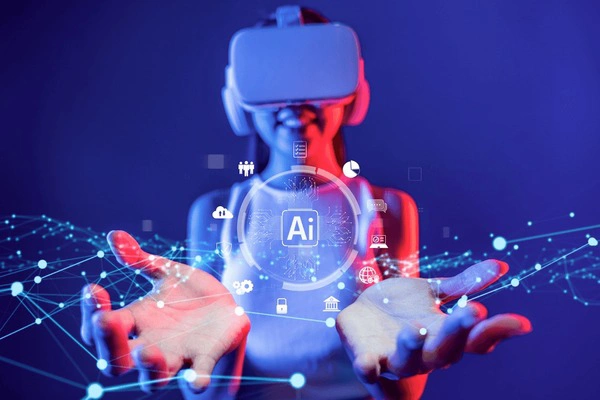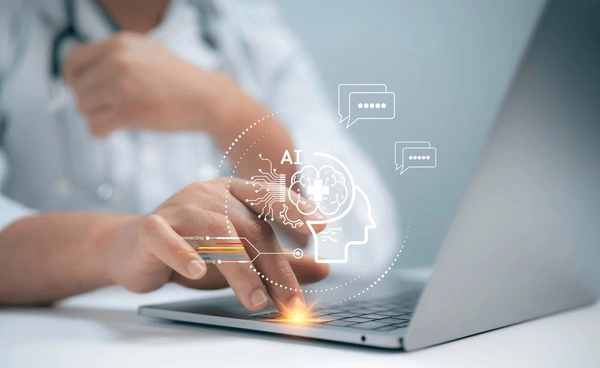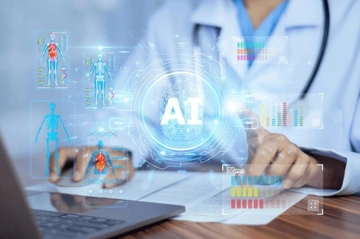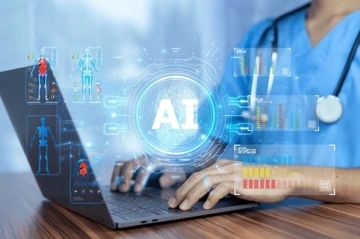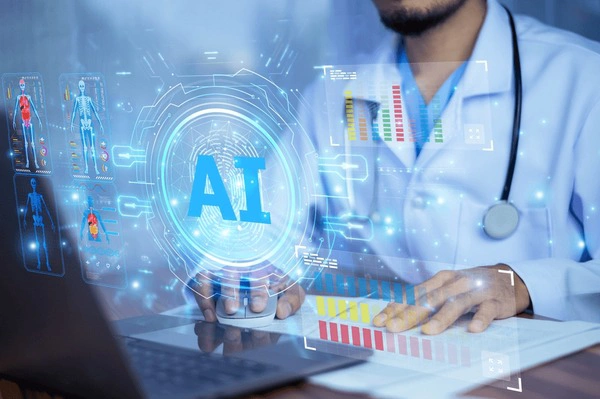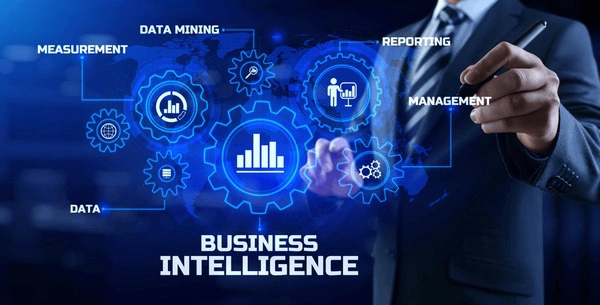
Empowering Health Through AI-Enhanced Wearable Devices
AI-enhanced wearables are transforming how we monitor health, providing real-time insights and personalized feedback. These devices democratize health information, making it accessible to all, and empower users to take proactive steps towards better health management.
Maya Turner
29/11/2024 - 7 months ago

The Rise of Wearable Health Technology
In recent years, wearable health technology has become an integral part of our daily lives. Devices like smartwatches and fitness trackers are no longer just accessories; they are essential tools that help us monitor our health and well-being. These gadgets have the ability to track a variety of health metrics, such as heart rate, steps taken, and calories burned, providing users with valuable insights into their physical activity and overall health.
The integration of artificial intelligence (AI) into these devices has significantly enhanced their capabilities. AI algorithms can analyze the collected data in real-time, offering personalized feedback and recommendations to users. This means that instead of just gathering data, wearables can now interpret it, providing a deeper understanding of one’s health.
For adults who may not have a deep understanding of technology, these smart devices offer an easy and accessible way to take control of their health. By simply wearing a device on their wrist, users can gain insights that were previously only available through medical professionals, making health management more accessible and less intimidating.
AI-Powered Personal Health Insights
AI’s ability to process large amounts of data quickly allows wearable devices to offer more than just basic health metrics. Through machine learning, these devices can recognize patterns and predict potential health issues before they become serious. For instance, noticing irregular heart patterns might prompt a user to seek medical advice, potentially preventing a more serious condition.
Moreover, AI can personalize health advice based on the user’s unique data. If someone has a sedentary lifestyle, the device can suggest specific exercises to incorporate into their routine. If stress levels are unusually high, it could recommend relaxation techniques or mindfulness practices. This level of personalization was unheard of a few years ago, but AI makes it possible today.
For people who may not have regular access to healthcare, these insights are invaluable. They provide a sense of empowerment, enabling individuals to take proactive steps towards better health management. This democratization of health information ensures that everyone, regardless of their educational background, can make informed decisions about their health.
Challenges and Considerations
While the benefits of AI-enhanced wearables are numerous, there are challenges that need to be addressed. Privacy concerns are at the forefront, as these devices collect sensitive health data. Users need assurance that their information is secure and not being misused. Companies must prioritize data security and transparency to build trust with their customers.
Another consideration is the accuracy of the data provided by wearable devices. While AI can enhance data interpretation, the initial data collection must be precise. Manufacturers continually work to improve sensor technology, but users should remain aware that these devices are not replacements for professional medical advice.
It's also important to consider accessibility. While wearables are becoming more affordable, there is still a cost barrier for some individuals. Companies and policymakers should work towards making these technologies more accessible to ensure that everyone can benefit from the advancements in health monitoring.
The Future of Wearable Health Technology
The future of wearable health technology is promising, with ongoing advancements poised to make these devices even more integral to our lives. Future developments may include more advanced sensors capable of detecting a wider range of health indicators, such as blood glucose levels or hydration status.
AI will continue to evolve, providing even more accurate and personalized health advice. As technology progresses, we may see wearables that can integrate with other smart devices, creating a comprehensive health ecosystem that offers seamless and holistic health management.
For adults with limited tech literacy, these advancements mean easier and more intuitive ways to manage their health. The goal of wearable health technology is not just to collect data, but to enhance the quality of life by empowering users with the knowledge and tools they need to lead healthier lives.




